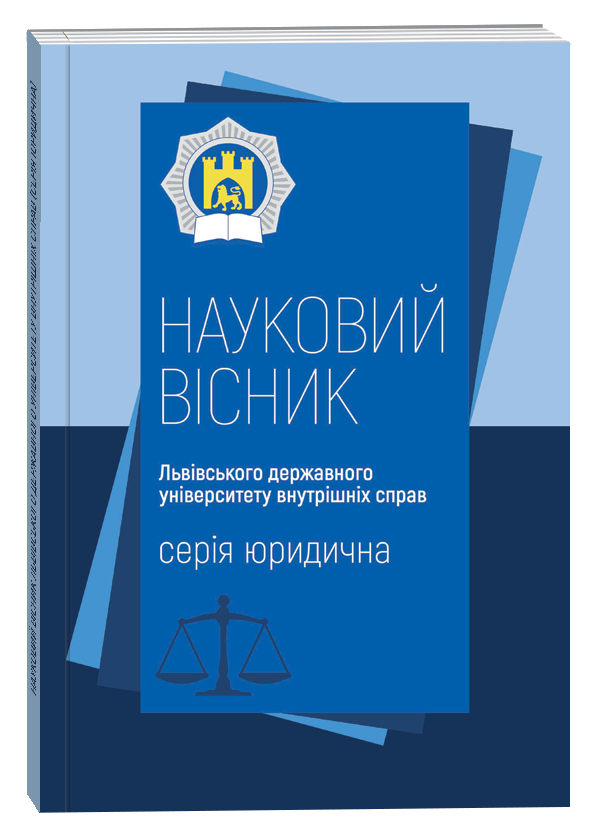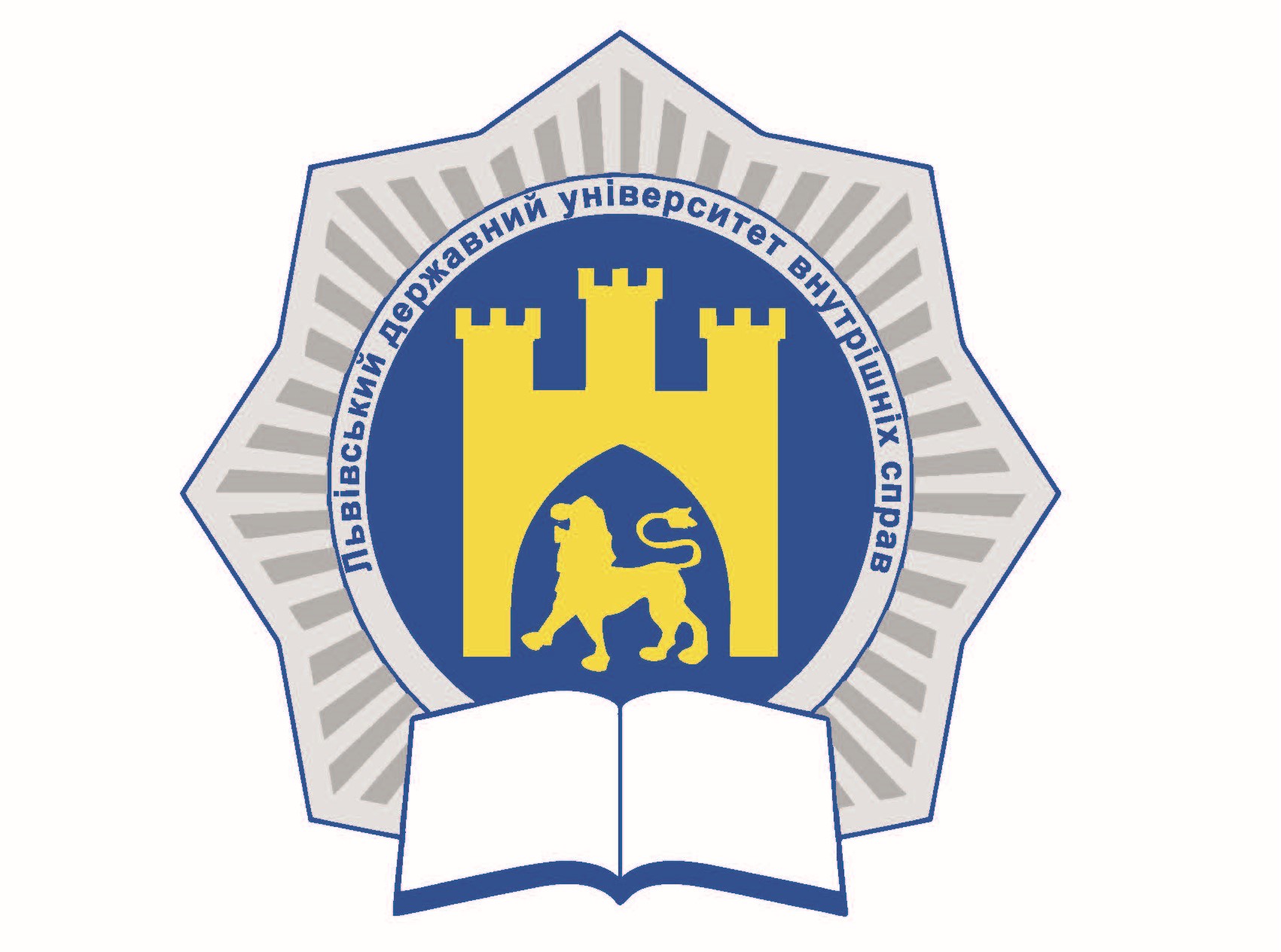LINGUO-COMMUNICATIVE GUIDELINES IN THE PROFESSIONAL TRAINING OF LAWYERS AND LAW ENFORCEMENT OFFICERS
DOI:
https://doi.org/10.32782/2311-8040/2024-1-23Keywords:
communication, legal sphere, law enforcement sphere, conversational communication, communication tools, legal practiceAbstract
The problem of effective conversational communication is especially relevant in the legal and law enforcement spheres. A lawyer in modern society is a specialist, professionally trained to solve social conflicts from the standpoint of law. The idea of law and justice, as well as the measure of what is permitted, are expressed in legal practice only in verbal forms. For example, a defense attorney or a prosecutor achieves their own professional goal in the course of active conversational communication, thanks to which they win or lose a case. The same applies to law enforcement officers: communication in the law enforcement field requires a high level of language and communication skills from employees. In the accusatory and defensive speeches, there should be moral confirmation and motive, consideration and evaluation of the evidence, and the speech itself should be figurative and exciting, direct and sufficiently concise. This, no doubt, requires skill, because people's fates are decided in courts. That is why conversational communication is the main tool of legal activity. The social situation is changing, and the demand for professionalism and communicative competence of specialists is growing both in political and socio-economic terms. The development of a new system of relations between states, organizations and citizens requires a wider use of various methods of conversational activity, and the issue of communicative training of lawyers is becoming even more active. The training of lawyers in professional communication skills is especially necessary in the period of the formation of a new type of legal system, when the intensive increase in the volume of law-making and law enforcement has led to the deformation of the verbal expression of law, to a large number of legal errors and misunderstandings, to a subjective and arbitrary assessment of the meaning of legal norms. The professional activity of a lawyer, in addition to high special qualifying features and skills, requires the presence of developed communication skills. Today, there is no doubt that developed communication skills are necessary for everyone who deals with people, who is called to influence them, their consciousness and behavior. The problem of the communicative competence of a modern lawyer seems to be quite important, first of all from a practical point of view, since it is conversational communication that determines the success of a lawyer of any specialization. In the process of spoken communication, it is not enough to just know the language, you should follow certain rules, principles of conversation, dialogue, polylogue, etc. A lawyer or a law enforcement officer, performing professional duties, is forced to discuss something, consult, conduct negotiations, ask questions and answer them. This requires the availability of relevant knowledge and the development of the necessary conversational communication skills. The success of their activities in the professional sphere, prospects for career growth, and the ability to perform complex communicative tasks depends on how skillfully a lawyer and a law enforcement officer carry out their own conversational activities.
References
Сковронська І., Юськів Б. Концепт «правоохоронець» у мовній свідомості народу (англо-український дискурс) Вчені записки Таврійського національного університету імені В. І. Вернадського. Серія «Філологія. Журналістика». 2021. Том 32 (71). № 5. С. 230–235.
Колісніченко А. І. Історія держави і політико-правових вчень Стародавньої Греції та Риму: Навчальний посібник. Миколаїв: Вид-во МФ НаУКМА, 2002. 274 с.
Бондаренко В. А., Федишин О. М. Значення та особливості правової комунікації: зарубіжний досвід. Аналітично-порівняльне правознавство. 2023. № 1. С. 15–19.
Probert W. Law, language a. Communication. Springfield: Thomas, 1972. XXIX. P. 75–79.
Токарська А. С., Балинська О. М. Проблеми формування та реалізації комунікативної компетентності правника / правоохоронця. Право і суспільство. 2020. № 4. С. 29–34.
Вербицька Х. І., Кузьо Л. І. Формування іншомовної комунікативної компетентності майбутніх правоохоронців за допомогою методу тематичних онлайн-дебатів. Інноваційна педагогіка. Причорноморський науково-дослідний інститут економіки та інновацій. 2021. Випуск 42. С. 130–135.









